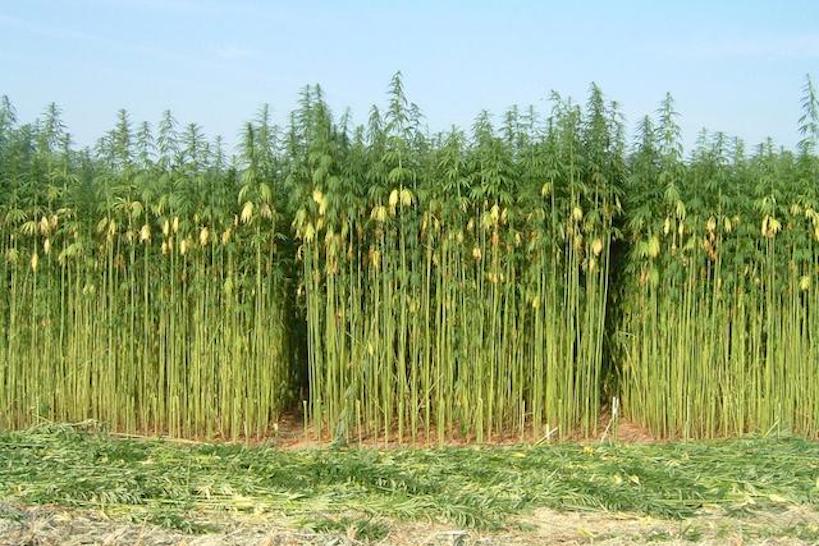A deregistered doctor in Australia charged with supplying sick children with cannabis oil has been acquitted by a jury – and he celebrated by vowing to continue his work even if he is arrested again.
Andrew Katelaris – aka Dr Pot (pictured) – faced up to 20 years in prison but successfully argued a medical necessity defence in a four-week trial. The 61-year-old represented himself and called the parents of patients and medical experts to give evidence that his actions saved lives.
“What can you do? If I’m genuine, and I am, in want to save childrens’ lives it would be irresponsible not to continue,” he said. “If the police are stupid they might arrest me again, but we’ll run the same defence. “The idea is they’ll wise up and stop arresting people who are obviously medically focused. This case would have cost the taxpayer tens if not hundreds of thousands of dollars to accomplish nothing.”
Katelaris provoked the trial by inviting TV news cameras into his home in the hope that an acquittal would set a legal precedent and help move drug reform forwards.
Katelaris needed to show that providing the banned oil was necessary to prevent serious injury or death, that the medical threat was imminent, and that breaking the law was outweighed by benefits.
“They’re suffering terribly from their disease and drugs they were prescribed by doctors were ineffective,” he said. “They had miraculous recoveries when cannabis oil was applied.”

Struggling US farmers are betting their, er, farms, on hemp as entirely new cash crop. Congress is on the verge of fully legalising hemp – outlawed since the early 1930s – under a new farm-bill agreement struck Thursday.
More than 3,500 farmers in 23 states are attempting to develop a new ‘hemp belt’ under a trial programme Congress launched in 2014.
Driving the demand for hemp is the demand for CBD oil. If legal barriers to banking and interstate commerce are removed, advocates foresee a market that could reach as much as $3 billion in sales by 2022.
But hemp, of course, has a multitude of other uses. Its fiber is made into paper, textiles, plastics and plywood. The seeds, rich in protein and Omega-3 fatty acids, are increasingly popular in cereals and salads, or ground into flour.Many farmers are looking to hemp as their best hope. Particularly in tobacco country, growers have faced hard times as demand for their crops dwindle. Corn and soybean prices are down by half from early this decade.
Under its quasi-legal status, 77,731 acres of hemp have been planted this year, triple last year’s 25,713 acres, according to Vote Hemp data. Legalisation could push that to 150,000 acres next year, with the potential for annual acreage to eventually reach into the millions.
Study says CBD helps depression

Scientists at São Paulo State have shown CBD can reduce symptoms of depression over a sustained period. Published in Molecular Biology, they found that just one dose was enough to see benefits lasting a full week – at least in mice.
Using rats and mice bred to develop depressive symptoms, the rodents (367 in total) were given a 7, 10 or 30 milligram/kilogram dose of CBD before being monitored for their reaction to stress, for example, the forced swimming test.
The results suggest that the CBD was both fast-acting and sustained – a single dose offered not just immediate relief, but persistent relief for seven days (something that cannot be said for conventional antidepressants). This effect was supported by the increase in synaptic proteins in the prefrontal cortex, which is strongly associated with depression in humans, one week after treatment.
Ancient viruses spawned CBD and THC

Viruses from millions of years ago are to thank for gifting cannabis the ability to produce CBD and THC, a North American study into the cannabis genome has found.
Published in the latest issue of Genome Research, scientists found that the genes that encode THC and CBD production evolved thanks to bits of DNA introduced by viruses, called retrotransposons, that infected the plant and successfully colonised its genome millions of years ago.
Popular Science reports: “It seems the THC and CBD synthase genes came from a single gene, and the viral retrotransposons, as they jumped around and expanded, drove the mutation of the synthase gene sequences in different cannabis strains, spurring the divergence of the gene into THCA (producing THC) in marijuana, and CBDA (producing CBD) in hemp.”




